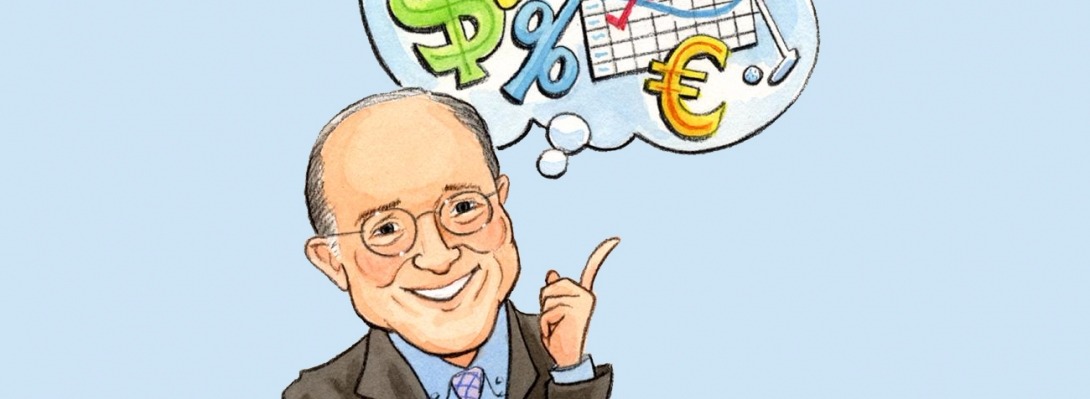Happy Holidays!
Today’s December 12th market update is meant to bring you some perspective on the markets in light of all the swirling (mostly bad) news about the economy.
In rising markets, investors are prone to believe the most outrageous claims by market bulls. In the same way, in negative markets, such as what we are experiencing now, investors tend to believe even the gloomiest assertions from media gurus and self-appointed experts.
The Recession – how long will it last?
Now it’s official, the National Bureau of Economic Research (NBER) proclaimed the recession actually began in December, 2007, not July of 2008. The key question is how long will it last and how deep will it get?
First, let’s dispel any thoughts and comparisons to the Great Depression. We do not and will not have 25% to 30% unemployment. We will not have a collapse of the banking system or the failure of thousands of banks. During the Depression, there was no FDIC insurance and no unemployment insurance.
The recession is already 12 months old and hasn’t reached its trough yet. Unemployment and economic news will get worse before it gets better. This recession will be longer than the average of 10 ½ months and will approach or exceed the 16 months of the recessions of ’73-’75 and ’81-’82 making it the longest since the Depression. The healing process of a deeply wounded banking system will not allow for a sharp recovery. That said, we believe we will see an end to this by mid 2009. The recovery will be gradual but will be precipitated by the enormous stimulus package of between 500 billion and 1 trillion dollars which President-elect Obama will sign into law on or shortly after Inauguration Day.
The stock market is a discounting mechanism – it turns down before a recession begins and turns up again about 3 to 6 months before the end of a recession. This is not a prediction that the recession will end exactly then, or that the market will leap forward dramatically any day. However, if history is any guide , and it usually is, the market will probably not wait for CNBC, MSNBC or any other network to admit the recession is over before taking off on its next strong upward move.
Rebuilding your portfolio
History has shown that the best way to rebuild portfolios is to stay invested in the stock market. Other than during the Depression, any calendar year in which the S&P 500 has declined more than 20%, the following calendar year it has risen more than 20%. Harold Evensky, author and financial planner, says “this is likely to be one of the best buying opportunities.” Keep in mind that even if you are retired, you are not going to spend all of your money in the next two years. Therefore, staying invested for the long term is still the best strategy.
Market Update
We, and many other noted investment strategists, believe the market is in a bottoming process. This process could take a few more months before we build a springboard to subsequent gains. The firm of Goldman Sachs put out a report on December 8th citing the following:
- They expect the macro-climate to stabilize in 2009
- They expect better opportunities for stock picking to arise
- They expect the earnings per share (not the stock prices) of the S&P 500 to decline by 5% in 2009, but rise by 31% in 2010
- Goldman’s year end 2009 target for the S&P 500 is 1100, about 26% higher than current levels
As of this date, the Auto bailout has stalled but I do hope (expect) Congress to reach a compromise agreement over the weekend with prodding by President Bush. Or President Bush may release some of the funds earmarked elsewhere.
Holidays
As we enter this holiday season, let’s be thankful for all of our blessings. The love of family and friends and the loyalty of clients are certainly some of our most treasured blessings.
We wish you and yours a happy and healthy holiday season.
Best Regards,
Edward J. Kohlhepp, CFP®, ChFC
Edward J. Kohlhepp, Jr., CFP®, MBA






